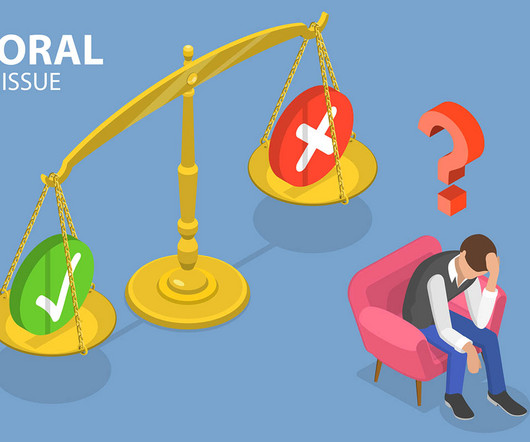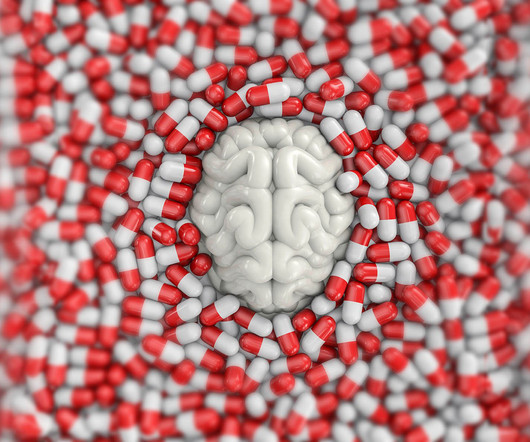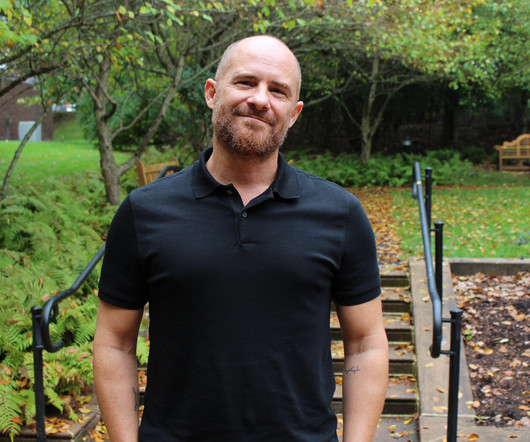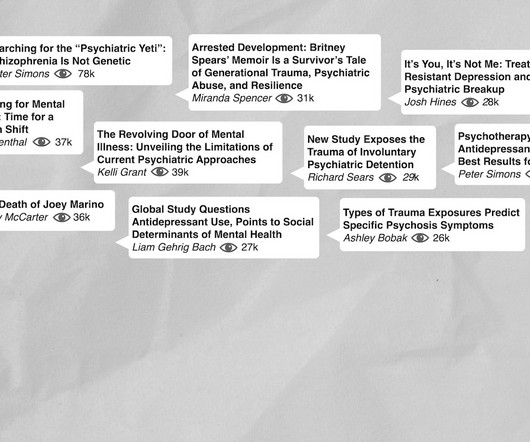Between Diagnoses and Dialogue: The Silent Conflict Between Psychiatry and Psychology
Mad in America
JUNE 9, 2025
I n recent decades, mental health has become one of the most widely discussed issues in public discourse, health policies, and clinical practice. Although both fields claim a commitment to mental health care, psychiatry and psychology are grounded in very different epistemological frameworks.



















Let's personalize your content